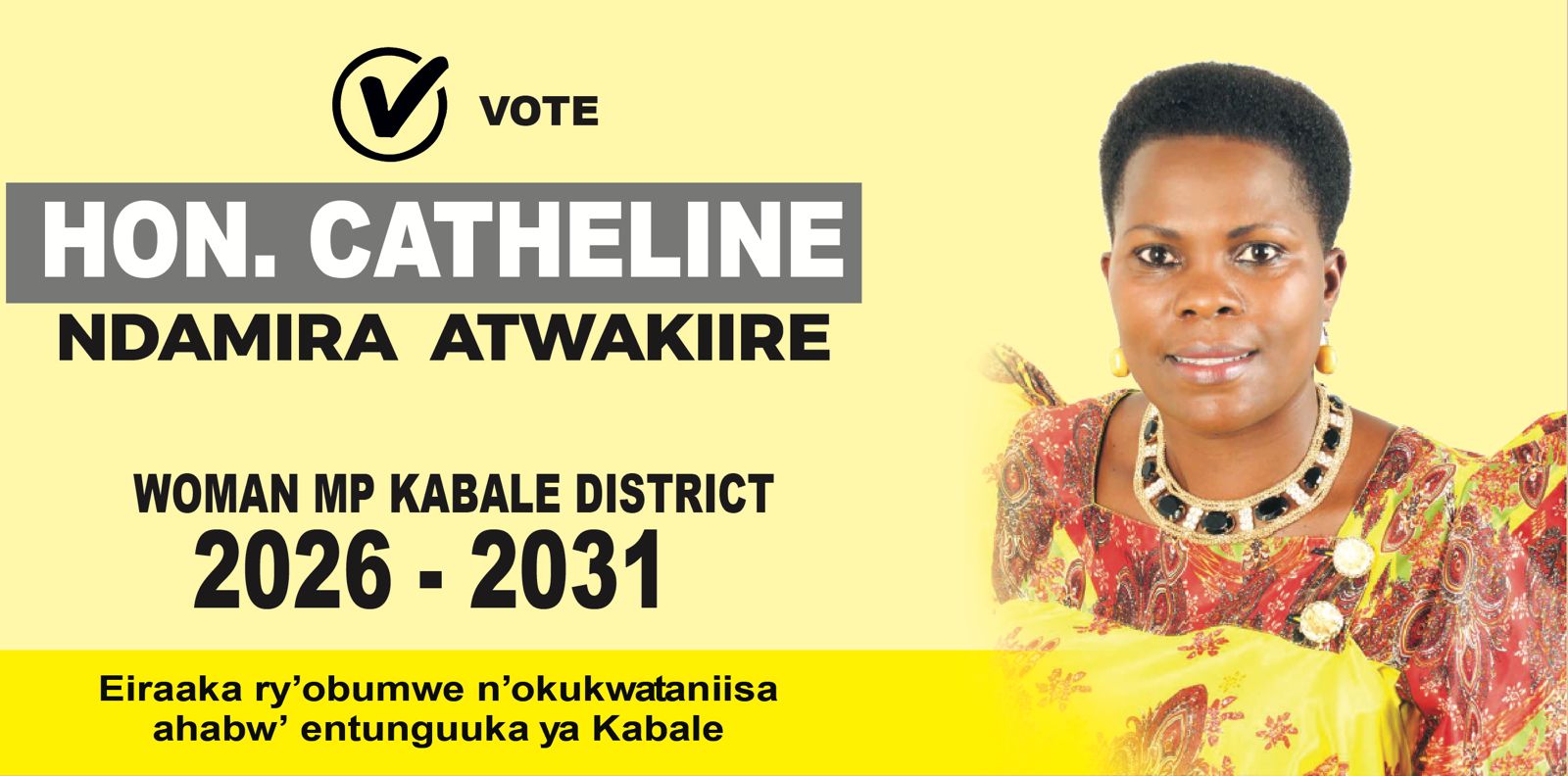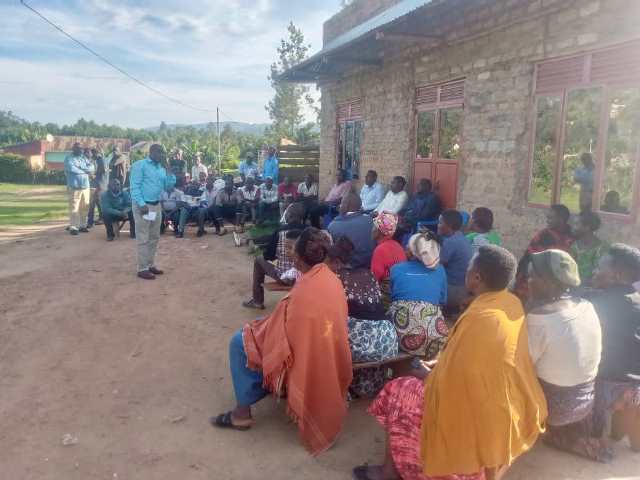
Summary:
- Attorney General Kiwanuka Kiryowa advised Parliament to reject the Bill, citing concerns about its financial implications.
KAMPALA: Parliament has rejected the Alcoholic Drinks Control Bill 2023, determining that it did not clearly address the issues of alcoholism and illicit trade effectively.
The rejection of the bill followed the request by the chairperson of the Joint Committee of Trade and Health Sylvia Nayebare who urged that the proposed legislation does not address critical issues such as alcohol abuse, quality control, enforcement mechanisms, personal freedoms, economic impact, and the effectiveness of control measures on the alcohol industry.
Nayebare instead suggested alternative proposals for government consideration. These include establishing an Alcohol Treatment and Rehabilitation Fund to aid in the rehabilitation of alcohol disorders and integrating information about the dangers of alcohol abuse into educational curricula.
“The Committee concludes that while regulation of the manufacture, importation, sale, consumption, and advertisement of alcoholic drinks may be necessary, the Bill in its current form does not adequately tackle key challenges such as illicit trade in alcoholic drinks, alcohol abuse, quality control, enforcement mechanisms, personal freedoms, economic impact, and the effectiveness of such controls within the alcohol industry. The challenge lies in finding a balance that protects public health without excessively infringing on economic rights and individual freedoms, as well as government revenue,” Nayebare stated.
The Joint Committee criticized Sarah Opendi’s (Tororo DWR) proposal to impose time restrictions on alcohol sales in Uganda. They argued that such limitations might not necessarily reduce alcohol consumption.
“Limiting sale hours under Clause 14 of the Bill may not effectively decrease alcohol consumption and could be redundant. High alcohol consumption is not necessarily related to the time of day. Restricting sale hours might adversely affect revenue collection and economic contributions, as bars typically generate significant income during late-night hours beyond 10:00 PM,” the report noted.
Nayebare added, “Restricting sales hours could impact sales volumes, leading to a decreased demand for raw materials used in alcohol production, such as sorghum, barley, millet, cassava, wheat, corn, and fruits. This reduction could negatively affect the economy. It is important to consider the entire value chain, including livestock and poultry farmers who supply food to bars, as well as motorcyclists, special hire drivers, security guards, and entertainers.”
The Committee also warned of potential increases in illicit trade, reminiscent of the situation during the COVID-19 lockdown. Nayebare cautioned that the proposed sanctions could drive legitimate alcohol traders to the black market and foster corruption.
In contrast, the Minority report by Timothy Batuwa (Jinja South West) and Nicholas Kamara (Kabale Municipality) recommended imposing time limits on alcohol sales.
They noted that Nile Breweries Limited and Uganda Breweries Limited, major players in the alcohol industry, supported the time restriction proposal with some suggested adjustments. They also highlighted that several countries have implemented similar restrictions.
Aruu County MP Christopher Komakech observed, “When Uganda Breweries Limited, Nile Breweries Limited, and the Uganda Alcohol Industry Association appeared before the Committee, they supported the time limitation clause with minor adjustments. Literature also shows that many countries have imposed such restrictions, so Uganda would not be unique in this approach.”
Attorney General Kiwanuka Kiryowa has advised Parliament to reject the Bill, citing concerns about its financial implications. He argued that the Bill could alter the consolidated fund and conflict with existing laws, such as the Employment Act and the Children’s Act, potentially causing regulatory confusion.
“There is nothing in this Bill that isn’t already covered by existing laws, except for certain specifics, which can be managed through licensing. To avoid regulatory confusion, I strongly recommend rejecting this Bill and addressing the good ideas through existing legal frameworks,” Kiwanuka said.
The Source Reports.
We come to you.
Want to send us a story or have an opinion to share? Send an email to [email protected] or WhatsApp on +256742996036.























